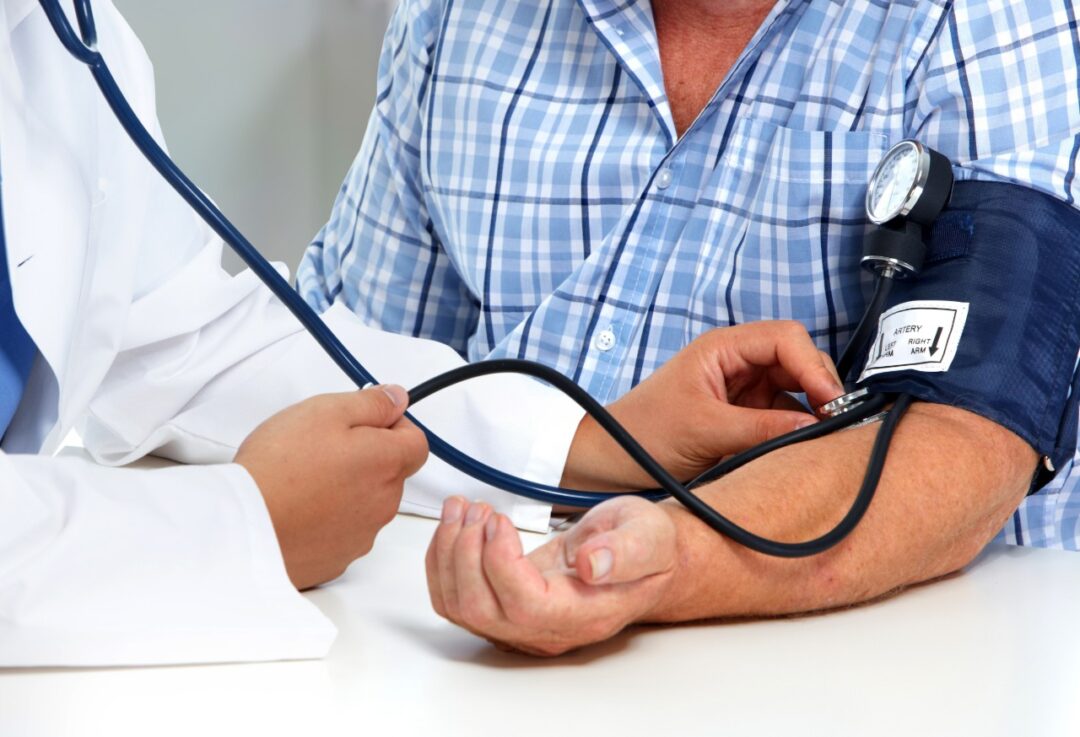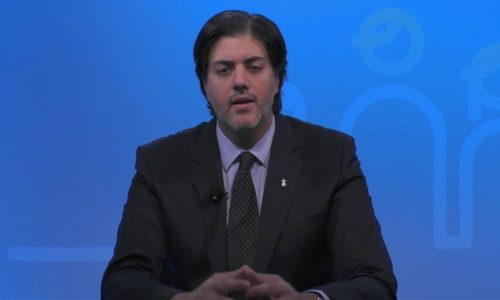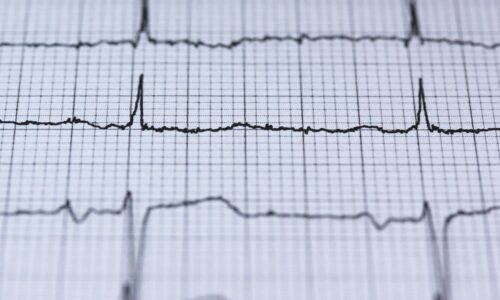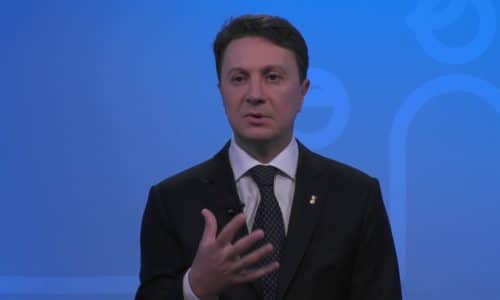Is high blood pressure bad? |

High blood pressure is a common problem in our country. Nearly half of all adults in the U.S. have high blood pressure, according to the American Heart Association (AHA). Untreated high blood pressure significantly increases your risk for heart attack, stroke, kidney failure, and other serious health problems. High blood pressure accounts for more deaths from cardiovascular disease than any other “modifiable” risk factor in the U.S. It is second only to cigarette smoking as a preventable cause of death for any reason. We all need to understand the dangers of high blood pressure. Let’s talk today about some common myths about high blood pressure and the dangers of believing them.
Truth – There are many factors that increase your risk of high blood pressure. Your genetic make-up is only one of those factors. Other factors that play a role in your risk for high blood pressure include smoking, being overweight, eating a poor diet, sedentary lifestyle/getting too little exercise, and drinking too much alcohol.
Truth – New high blood pressure treatment guidelines were published in 2017. A normal blood pressure is considered less than 120/80. Elevated blood pressure, also called prehypertension, is 120-129 on top AND less than 80 on bottom. Stage 1 high blood pressure is 130-139 on top OR 80-89 on bottom. Stage 2 high blood pressure is at least 140 on top OR at least 90 on bottom. Blood pressure in the Stage 1 range actually doubles your risk of cardiovascular complications, compared to people with blood pressure under 120/80.
Truth – People with “elevated” blood pressure, and most people with Stage 1 high blood pressure should be treated initially only with lifestyle changes, such as weight loss, increased exercise, and a heart-healthy, lower salt diet. Medication is recommended, in addition to lifestyle changes, in people with Stage 1 high blood pressure who have already had a cardiovascular event, such as a heart attack, OR have a high risk of having a cardiovascular event based on other risk factors, or people with Stage 2 high blood pressure. Some dietary changes have been shown to be as good as medication in treating the early stages of high blood pressure.
Truth – Most of the salt in the average U.S. diet is hidden in processed foods, such as sauces, salad dressings, soups, and prepared foods. Be sure to look at food labels to see how many mg of sodium you are getting. Although the recommended amount of sodium per day is 2300 mg, people over 50 and anyone who has high blood pressure should aim for less than 1500 mg per day.
-
Have your blood pressure checked once a year, or more often if you are at high risk. If you are having it checked outside your doctor’s office, be sure to see your doctor if it is elevated.
-
Eat a heart-healthy diet, rich in fruits and vegetables, and low-fat dairy products, with reduced levels of saturated fat and cholesterol, and reduced salt intake.
-
Maintain a routine exercise program with moderate exercise at least 150 minutes per week.
-
If you are overweight, lose weight. Research has shown that even just 9 pounds of weight loss can lower blood pressure by 5 points.
-
Don’t smoke or use nicotine products.
-
If you already have high blood pressure, follow your doctor’s advice regarding treatment and routine follow up visits in order to keep it under good control and decrease your risk for complications.
If you have any more questions just Ask Hanna, our health advisors are here to help.
Dr. Anita Bennett MD – Health Tip Content Editor
Image: ©Shutterstock / kurhan








